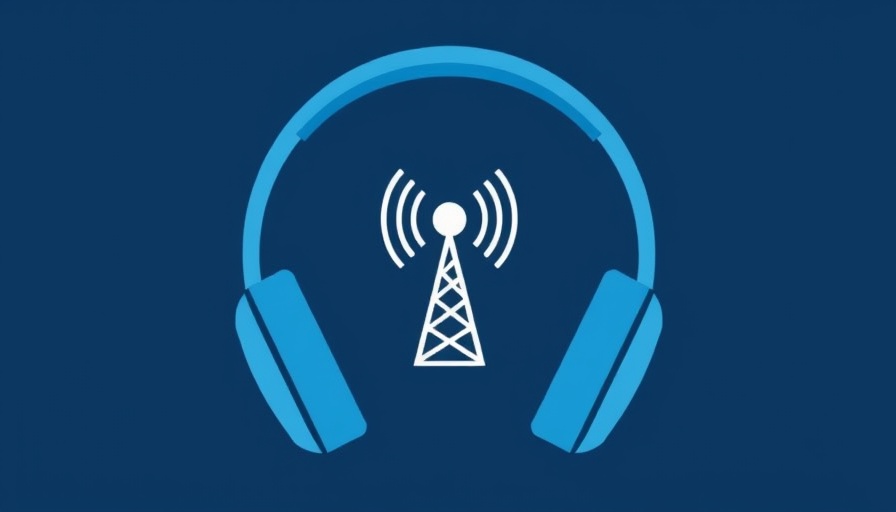
Understanding Surprise Ambulance Bills: A Growing Concern
For many Americans, the thought of needing an ambulance is usually accompanied by fear and uncertainty about their health. But what is often overlooked is the immense financial burden that can accompany emergency services. Nicole Silva's experience with her daughter's ambulance rides underscores a troubling trend. After a severe car accident, Silva faced unexpected charges from an ambulance company, leading to a $3,000 debt that she struggled to pay.
This story is not unique; many patients find themselves grappling with "surprise bills"—unanticipated costs from medical services that are not covered by their insurance. The federal No Surprises Act, while a step forward in protecting consumers from unexpected air ambulance bills, falls short by not extending these protections to ground ambulance services.
State Solutions: The Movement to Curb Costs
In response to these challenges, states like Colorado and Montana have made efforts to introduce laws aimed at regulating ambulance billing practices. This year, states like Utah and North Dakota joined 18 others in implementing measures that aim to shield residents from exorbitant charges for ground transport. These measures typically establish minimum payout standards for insurance companies, ensuring that patients are not left bankrupt by unexpected medical emergencies.
However, implementing these laws is met with significant resistance. Insurance companies argue that raising reimbursement rates could inflate health coverage costs for everyone, reflecting broader tensions between maintaining affordable health insurance and protecting consumers from debt.
The Health Care System's Debt Problem
The dilemma of surprise ambulance bills illustrates a more extensive issue: the pervasive problem of medical debt in the United States. According to a report by KFF Health News, inflated medical costs can discourage individuals from seeking necessary medical attention. As Patricia Kelmar, a director at PIRG, warns, hesitation to call an ambulance due to fear of financial consequences could delay critical medical care and worsen health outcomes.
This sentiment raises critical questions about the intersection of health care policies and consumer protection. If patients forgo emergency assistance due to cost fears, the implications could ripple through public health, leading to preventable health tragedies.
Examining the Pushback from Insurers
Insurers contend that state efforts to regulate billing will lead to increased insurance premiums, a claim that has generated substantial debate. Supporters argue that these protective measures are essential for consumer health and financial stability, while insurers counter that fluctuations in reimbursement rates could destabilize the entire market.
The discourse around whom to protect—patients or insurers—nudges policymakers into a complex landscape of economic implications. Although data suggests surprise bills disproportionately affect lower-income households and marginalized communities, the arguments from the insurance sector about overall costs to health insurance sustainability cannot be dismissed.
Moving Forward: Possible Solutions and Consumer Awareness
It is apparent that a multifaceted approach will be necessary to address the problem of surprise ambulance bills. Potential solutions include clearer regulatory frameworks, enhanced patient advocacy programs, and broader public awareness campaigns educating consumers about their rights and available protections.
As the landscape of healthcare evolves with state-level interventions, it brings the promise of more informed consumer choices. However, the road ahead remains turbulent as insurers prepare to counter these legislative movements. By staying engaged with these discussions, consumers can contribute to a broader understanding of health care costs and advocate for real change that protects patients from financial emergencies.
Concluding Thoughts: Advocating for Change
Consumer awareness and advocacy will play critical roles in shaping the future of ambulance billing. As states continue to introduce and refine legislation, it is imperative for consumers to remain informed about their rights. Through collective pressure and engagement with policymakers, it may be possible to strike a balance between affordable health coverage and consumer protection. Every voice counts in advocating for a health service that duly considers patient welfare over profit margins.
 Add Row
Add Row  Add
Add 




 Add Row
Add Row  Add
Add 

Write A Comment